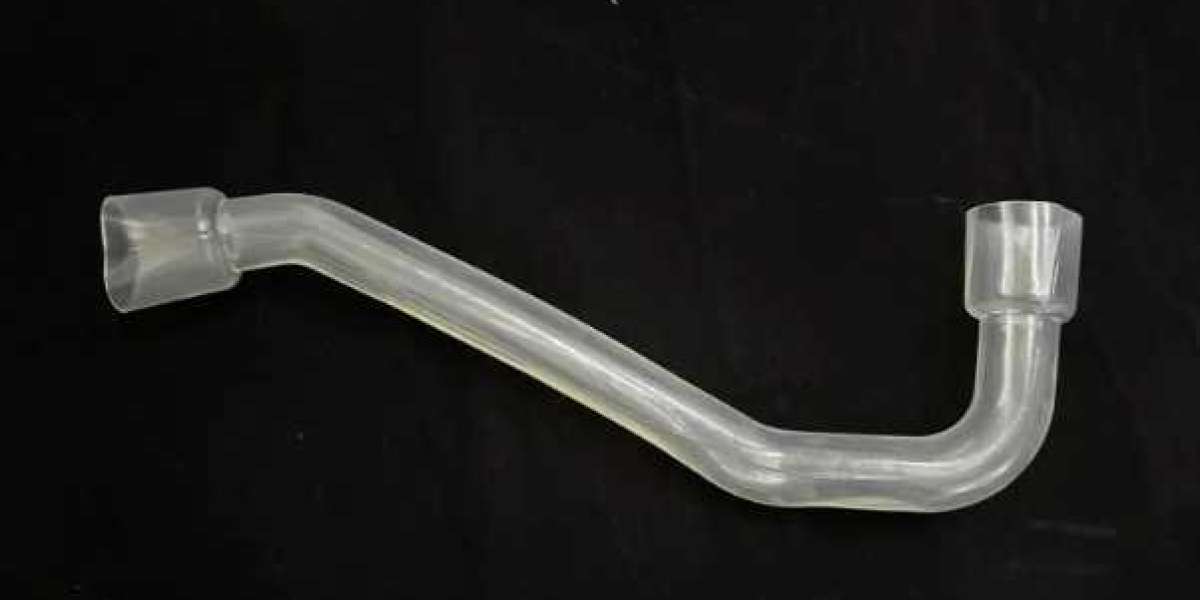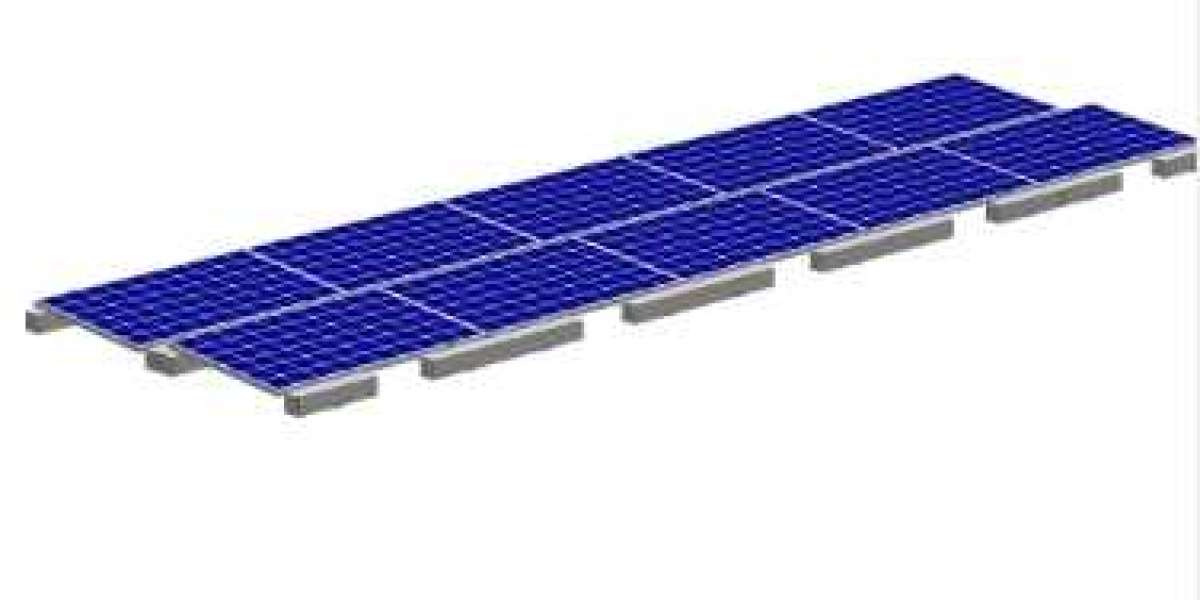In the world of plumbing and industrial applications, PVC plastic hoses have become indispensable due to their versatility and durability. Whether you're a homeowner dealing with a leaky faucet or a contractor managing a complex fluid transfer system, choosing the right PVC hose can make all the difference. This blog aims to guide you through the essential factors to consider when selecting the perfect PVC hose for your needs.
Understanding PVC Hoses
PVC, or polyvinyl chloride, is a type of plastic that is widely used for making pipes and hoses. It is valued for its resistance to corrosion, chemicals, and the elements, making it ideal for various applications. PVC hoses are commonly used for water supply, irrigation, draining, and even in industrial settings for transporting chemicals and gases.

Key Features of PVC Hoses
Durability: PVC is known for its strength and ability to withstand wear and tear.
Chemical Resistance: It is resistant to many chemicals, making it suitable for a wide range of applications.
Cost-Effective: PVC hoses are generally more affordable than other types of hoses.
Temperature Range: They can handle a broad temperature range, typically from -10°C to 60°C.
Types of PVC Hoses
Before diving into the specifics of choosing a PVC hose, it's crucial to understand the different types available in the market. Each type is designed for specific uses, and knowing your needs will help you make an informed decision.
1. Smooth Bore Hoses
These hoses have a smooth interior, making them ideal for general-purpose applications like water supply and irrigation. They are easy to clean and maintain, but they may not be the best choice for applications requiring high flow rates.
2. Spiral Reinforced Hoses
For applications that require more strength and flexibility, spiral reinforced hoses are the way to go. The spiral reinforcement adds durability and allows the hose to bend without kinking, making it perfect for tight spaces.
3. Heavy-Duty Hoses
If you're dealing with heavy-duty applications like industrial chemical transport, heavy-duty PVC hoses are designed to handle the pressure and chemical resistance needed. These hoses often have multiple layers of reinforcement and are thicker than standard hoses.

Factors to Consider When Choosing a PVC Hose
Now that you have a basic understanding of PVC hoses, let's delve into the factors that will guide you in choosing the right one for your specific needs.
1. Application
The primary use of the hose is a critical factor. Different applications have different requirements. For example, a hose used for water supply needs to be flexible and easy to handle, while a hose used for chemical transport needs to be chemically resistant and robust.
2. Pressure Rating
Hoses are rated based on the pressure they can withstand. Ensure that the hose you choose meets or exceeds the pressure requirements of your application. Overloading a hose can lead to leaks or even ruptures, which can be dangerous.
3. Temperature Range
PVC hoses have a specific temperature range they can operate in. If you need a hose that will be exposed to extreme temperatures, check the manufacturer's specifications to ensure it can handle the conditions.
4. Flexibility
The flexibility of a hose is crucial, especially in tight spaces or where frequent bending is required. Spiral reinforced hoses offer better flexibility compared to smooth bore hoses.
5. Chemical Resistance
If you're transporting chemicals, the hose must be resistant to the specific chemicals you're handling. PVC is generally resistant to many chemicals, but always double-check the compatibility.
6. Size and Length
The size and length of the hose will depend on your specific needs. Larger hoses are necessary for higher flow rates, while shorter hoses might be more manageable for easier handling.
7. Cost
While PVC hoses are generally affordable, prices can vary based on the type, quality, and brand. Consider your budget but don't compromise on quality, as a cheaper hose might not meet your needs in the long run.
Maintenance and Care
Proper maintenance and care can extend the life of your PVC hose and ensure it continues to perform optimally. Here are some tips:
Regular Inspection: Check the hose for signs of wear and tear, such as cracks or leaks.
Cleaning: Keep the hose clean, especially if it's used for transporting chemicals. Use mild detergents and avoid harsh chemicals that could damage the hose.
Storage: Store the hose in a cool, dry place when not in use. Avoid exposing it to direct sunlight or extreme temperatures.

Conclusion
Choosing the right PVC hose is not just about finding the cheapest option or the one with the most appealing design. It's about understanding your specific needs and selecting a hose that meets those needs in terms of durability, flexibility, chemical resistance, and more.








